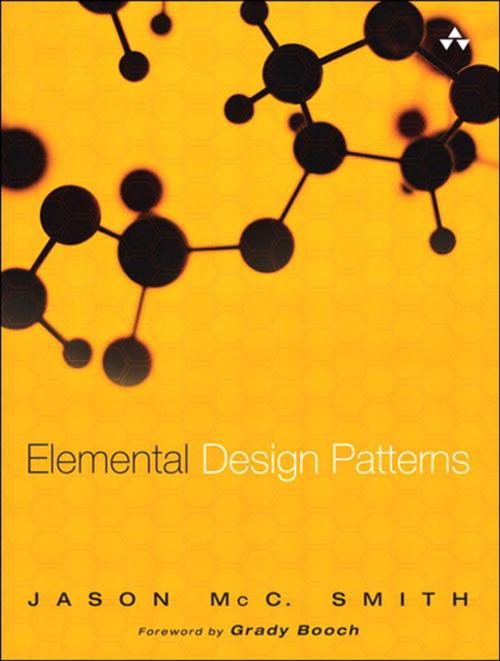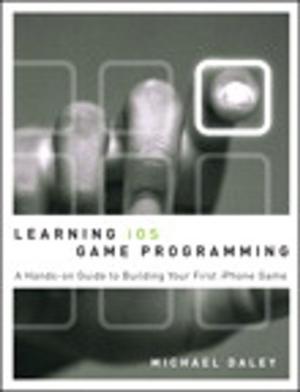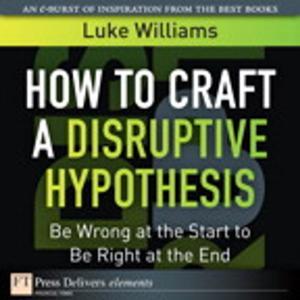| Author: | Jason McC. Smith | ISBN: | 9780321712530 |
| Publisher: | Pearson Education | Publication: | March 23, 2012 |
| Imprint: | Addison-Wesley Professional | Language: | English |
| Author: | Jason McC. Smith |
| ISBN: | 9780321712530 |
| Publisher: | Pearson Education |
| Publication: | March 23, 2012 |
| Imprint: | Addison-Wesley Professional |
| Language: | English |
2012 Jolt Award Finalist!
Even experienced software professionals find it difficult to apply patterns in ways that deliver substantial value to their organizations. In Elemental Design Patterns, Jason McC. Smith addresses this problem head-on, helping developers harness the true power of patterns, map them to real software implementations more cleanly and directly, and achieve far better results. Part tutorial, part example-rich cookbook, this resource will help developers, designers, architects, and analysts successfully use patterns with a wide variety of languages, environments, and problem domains. Every bit as important, it will give them a deeper appreciation for the work they’ve chosen to pursue.
Smith presents the crucial missing link that patterns practitioners have needed: a foundational collection of simple core patterns that are broken down to their core elements. If you work in software, you may already be using some of these elemental design patterns every day. Presenting them in a comprehensive methodology for the first time, Smith names them, describes them, explains their importance, helps you compare and choose among them, and offers a framework for using them together. He also introduces an innovative Pattern Instance Notation diagramming system that makes it easier to work with patterns at many levels of granularity, regardless of your goals or role.
If you’re new to patterns, this example-rich approach will help you master them piece by piece, logically and intuitively. If you’re an experienced patterns practitioner, Smith follows the Gang of Four format you’re already familiar with, explains how his elemental patterns can be composed into conventional design patterns, and introduces highly productive new ways to apply ideas you’ve already encountered. No matter what your level of experience, this infinitely practical book will help you transform abstract patterns into high-value solutions.
2012 Jolt Award Finalist!
Even experienced software professionals find it difficult to apply patterns in ways that deliver substantial value to their organizations. In Elemental Design Patterns, Jason McC. Smith addresses this problem head-on, helping developers harness the true power of patterns, map them to real software implementations more cleanly and directly, and achieve far better results. Part tutorial, part example-rich cookbook, this resource will help developers, designers, architects, and analysts successfully use patterns with a wide variety of languages, environments, and problem domains. Every bit as important, it will give them a deeper appreciation for the work they’ve chosen to pursue.
Smith presents the crucial missing link that patterns practitioners have needed: a foundational collection of simple core patterns that are broken down to their core elements. If you work in software, you may already be using some of these elemental design patterns every day. Presenting them in a comprehensive methodology for the first time, Smith names them, describes them, explains their importance, helps you compare and choose among them, and offers a framework for using them together. He also introduces an innovative Pattern Instance Notation diagramming system that makes it easier to work with patterns at many levels of granularity, regardless of your goals or role.
If you’re new to patterns, this example-rich approach will help you master them piece by piece, logically and intuitively. If you’re an experienced patterns practitioner, Smith follows the Gang of Four format you’re already familiar with, explains how his elemental patterns can be composed into conventional design patterns, and introduces highly productive new ways to apply ideas you’ve already encountered. No matter what your level of experience, this infinitely practical book will help you transform abstract patterns into high-value solutions.















